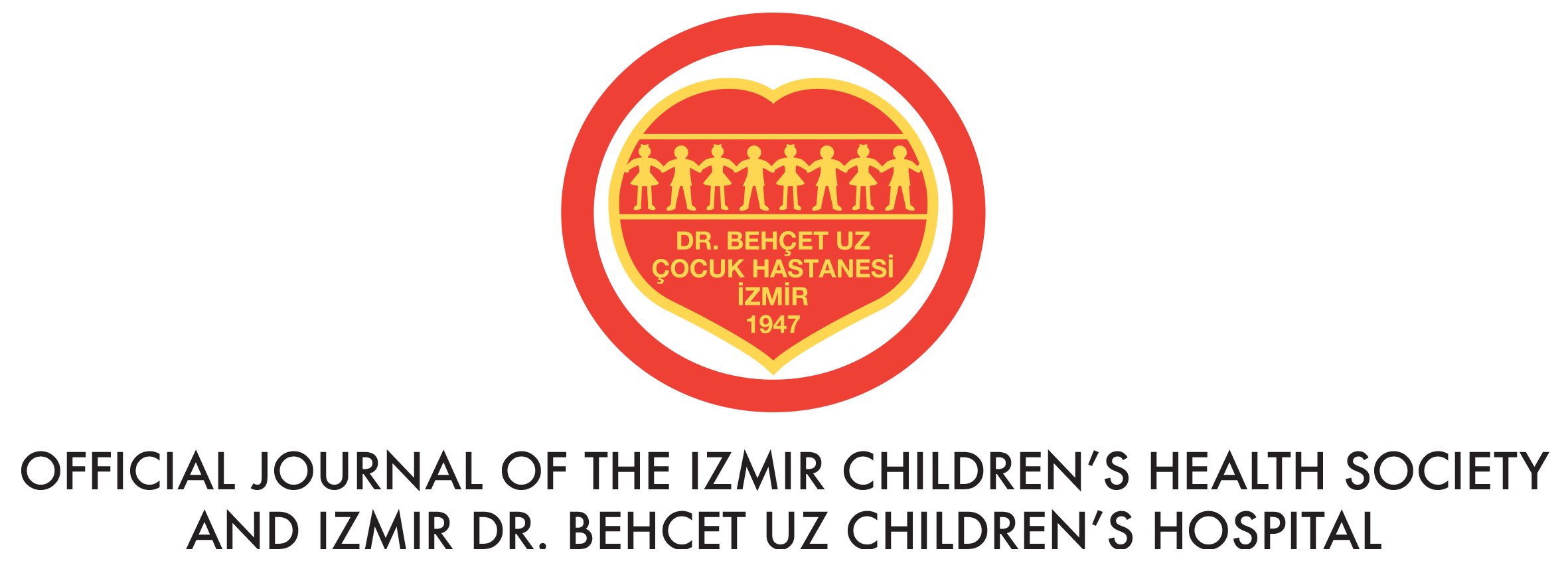Abstract
INTRODUCTION
Febrile neutropenia (FN) is a common and life-threatening complication of therapy for childhood cancer. Serious bacterial illness is a significant cause of morbidity and mortality for neutropenic patients The primary objective was to describe etiology and clinical course of fever in neutropenic children with cancer. The aim was to identify the invasive bacterial infection (IBI) risk and factors associated with mortality in pediatric cancer FEN patients.
METHODS
This study was a retrospective review of children from 0 to 18 years of age who received chemotherapy between January 2006 and and December 2013 in University of Health Sciences, Ankara Child Health and Diseases Hematology Oncology Training and Research Hospital. Documented infections and mortality were examined through the induction period.
RESULTS
There were 134 children and 325 neutropenic fever episodes evaluated. The most common preexisting risk factor for invasive bacterial infection was acute myeloid leukemia phenotype, thrombocytopenia, bloodstream infection, C-reactive protein value >9 mg/dL and pneumoniae. In our series overall infection- associated mortality was found as 4% similar as in the literature.
DISCUSSION AND CONCLUSION
Invazive bacterial infections still be major cause of mortality and morbidity for pediatric leukemia.



